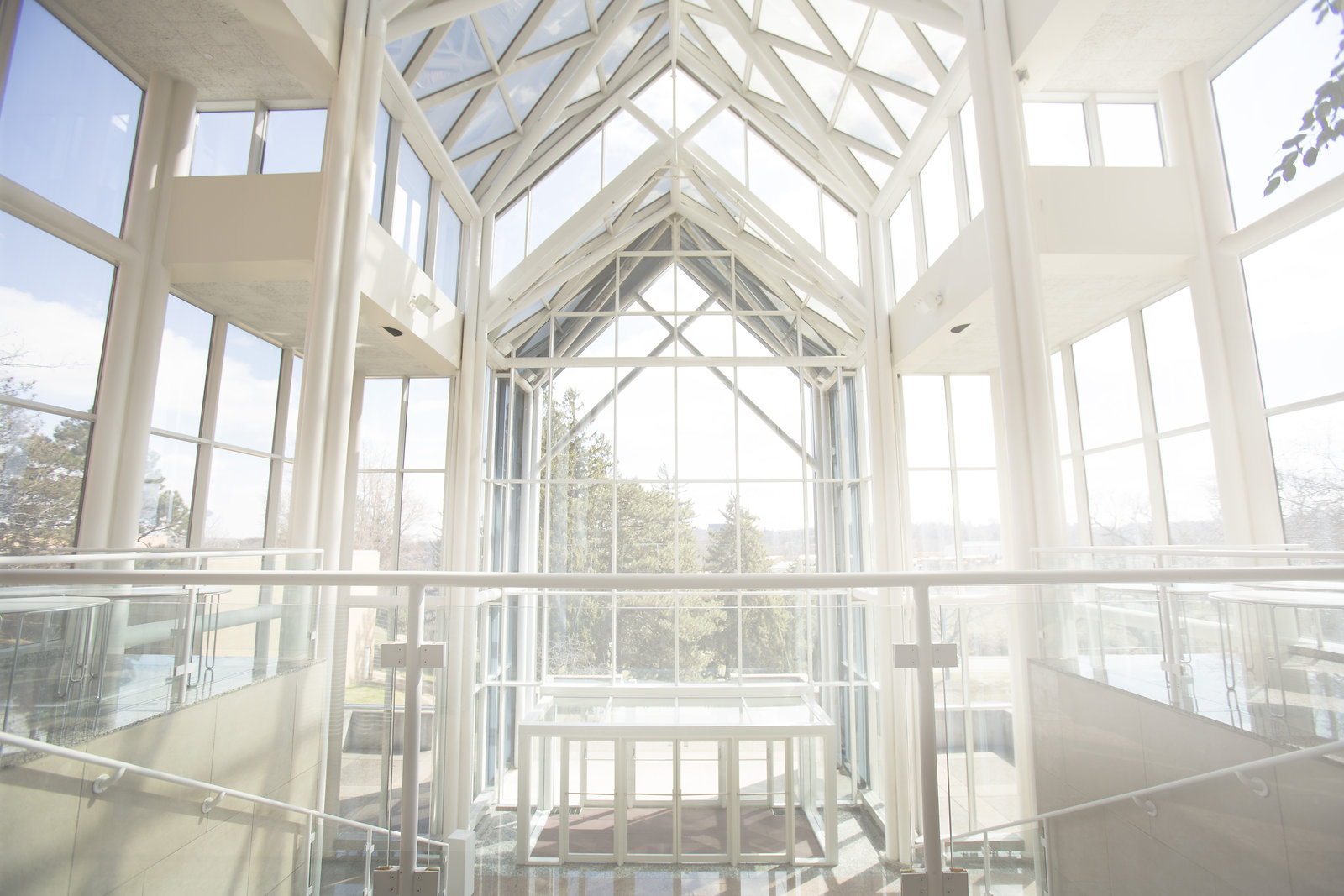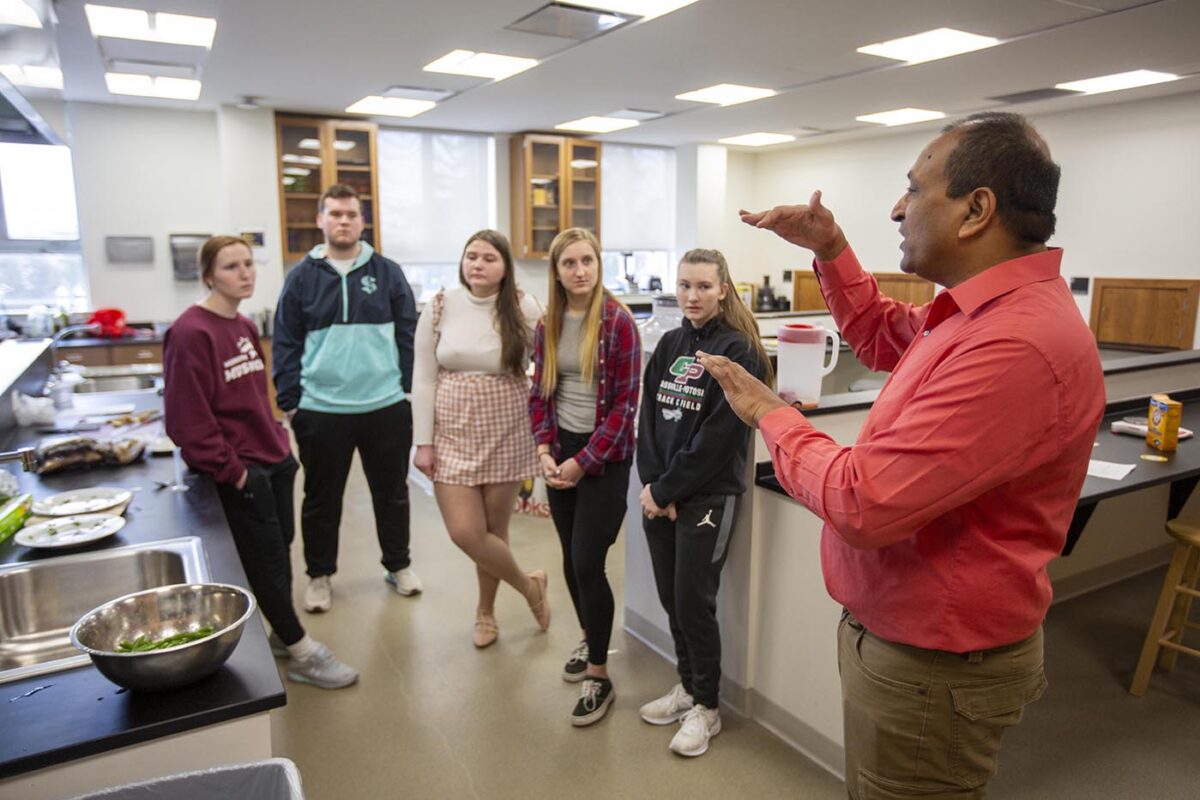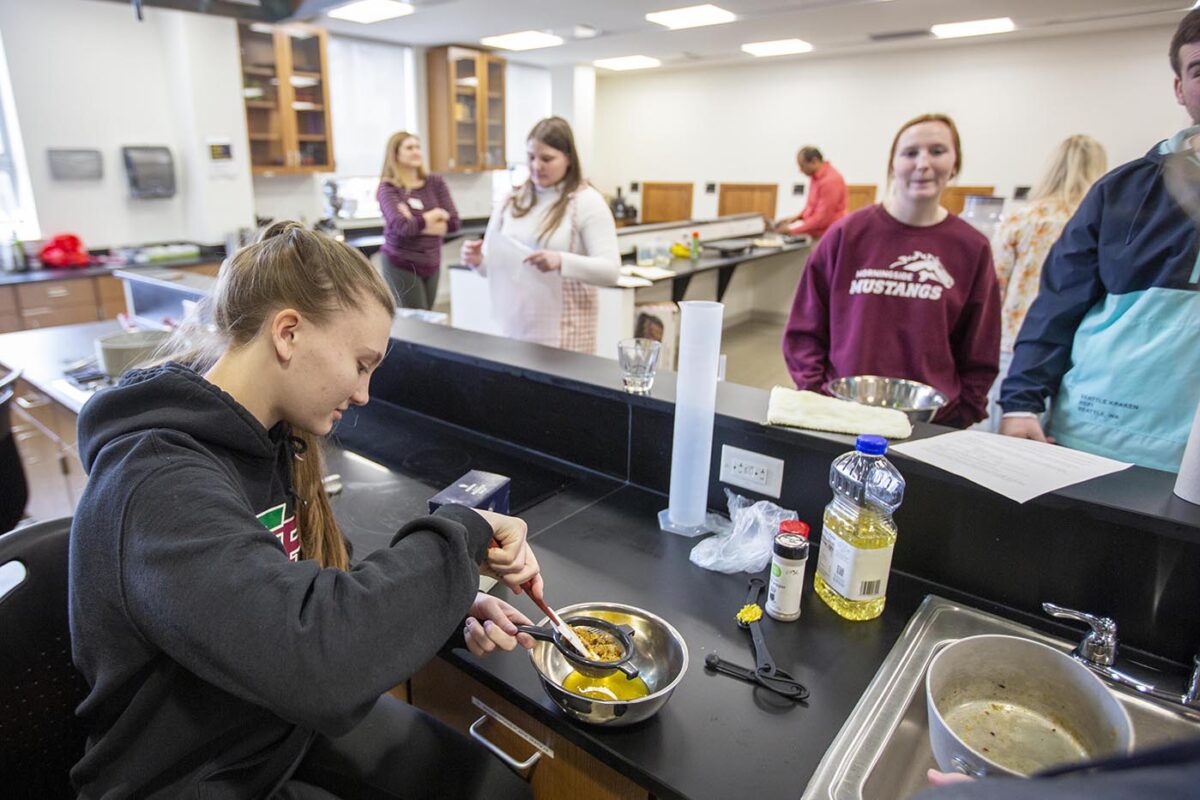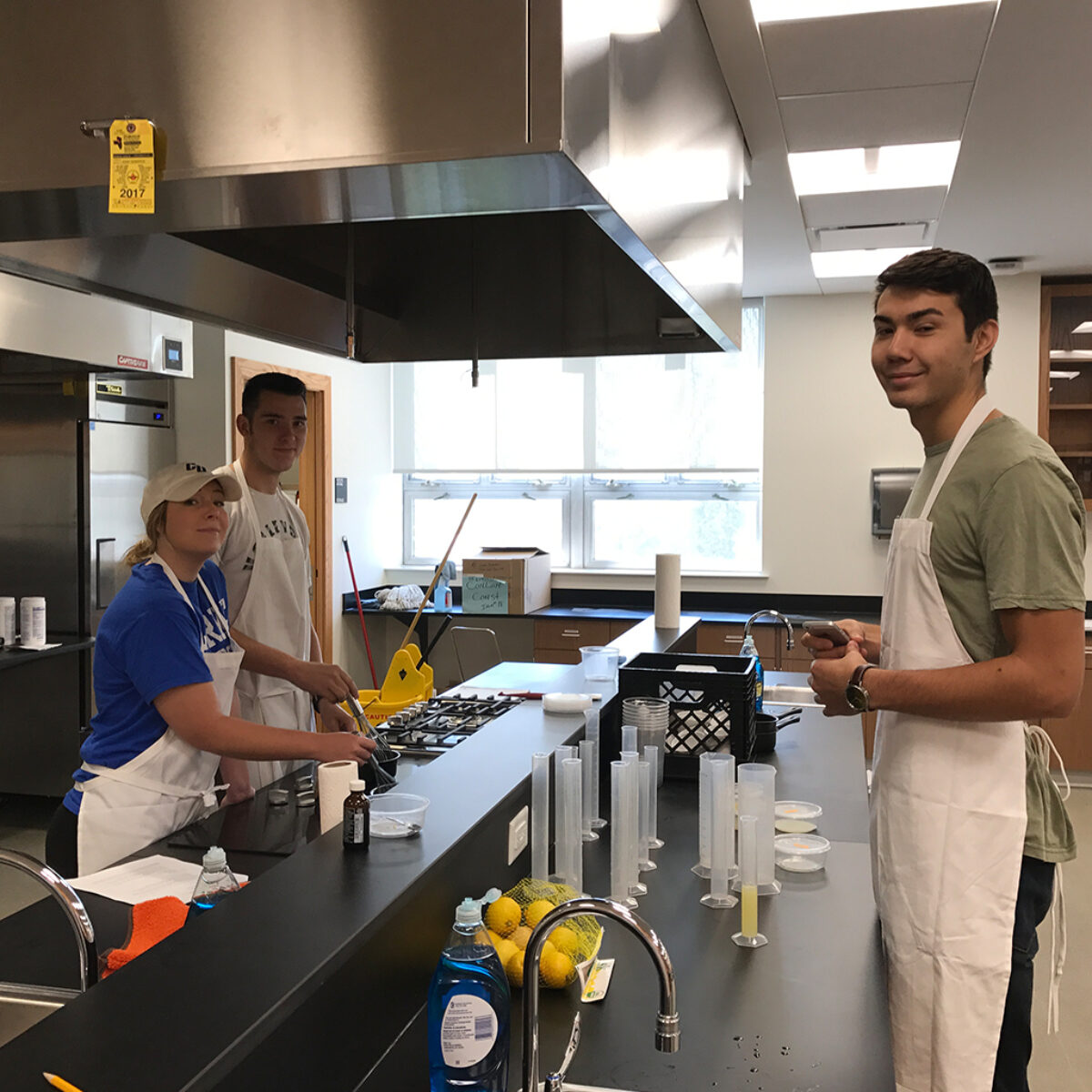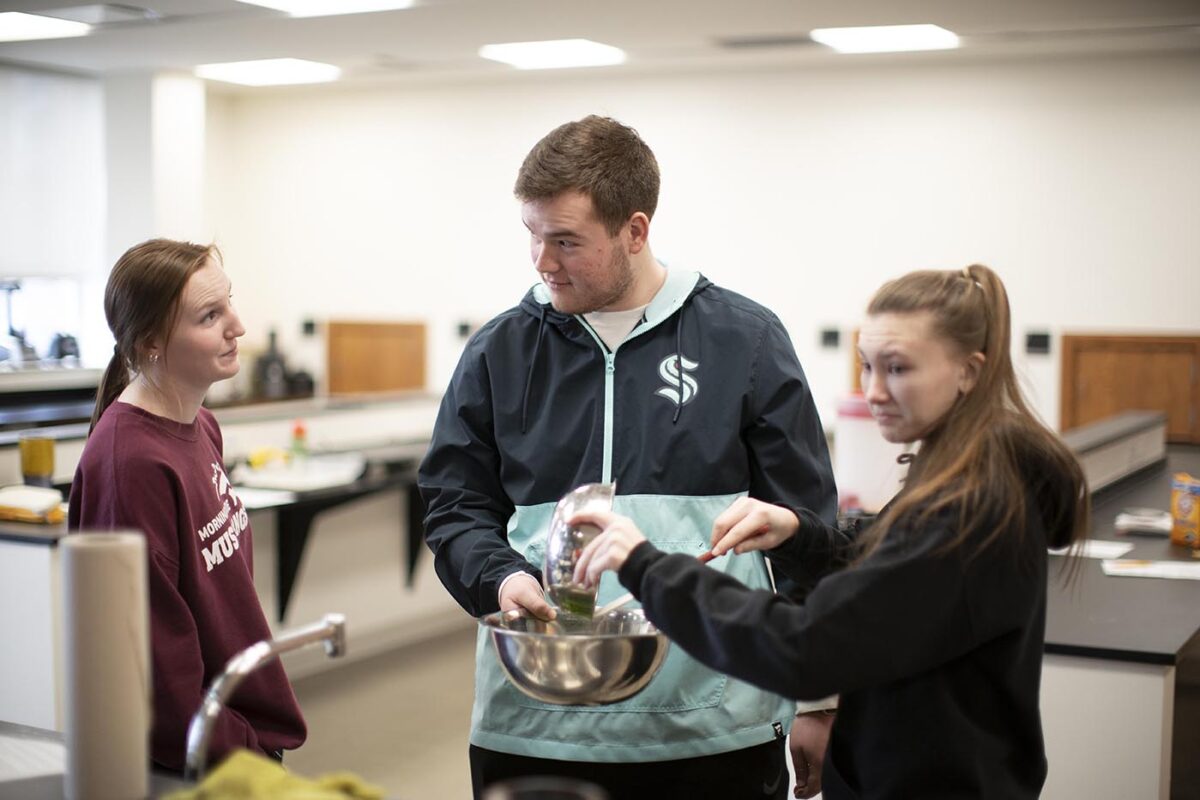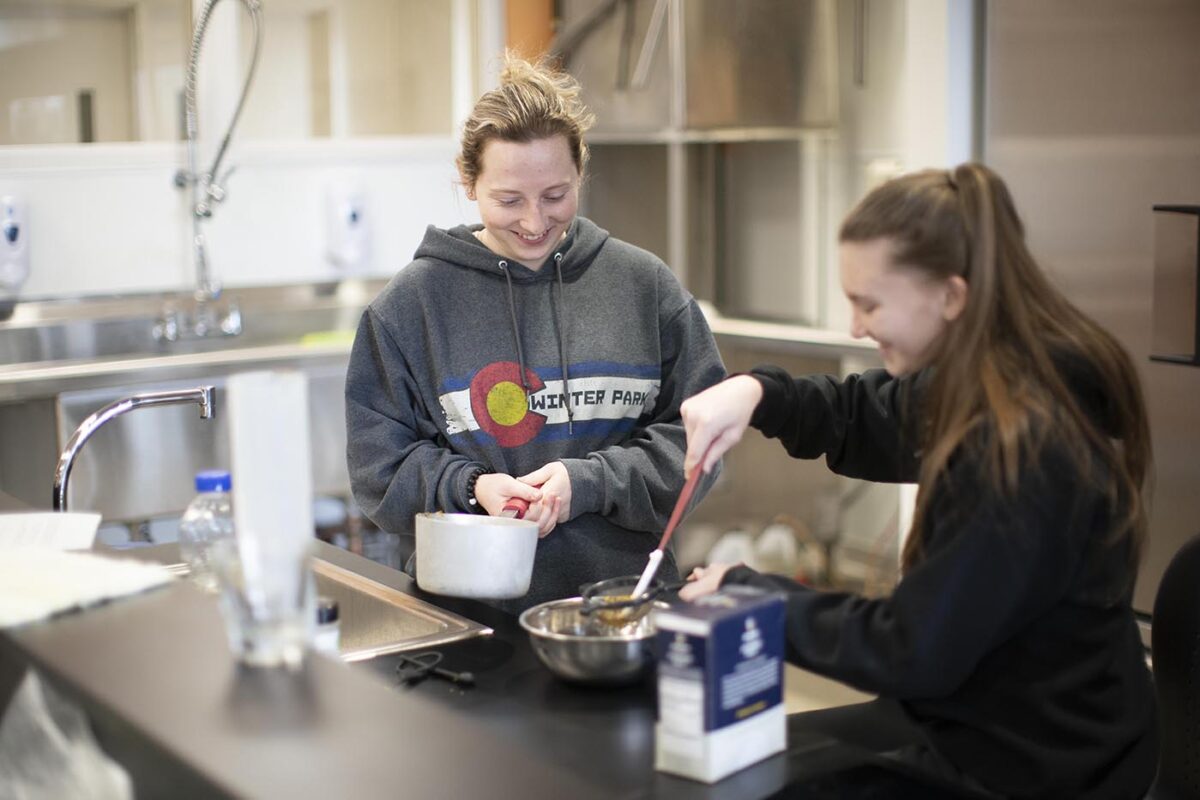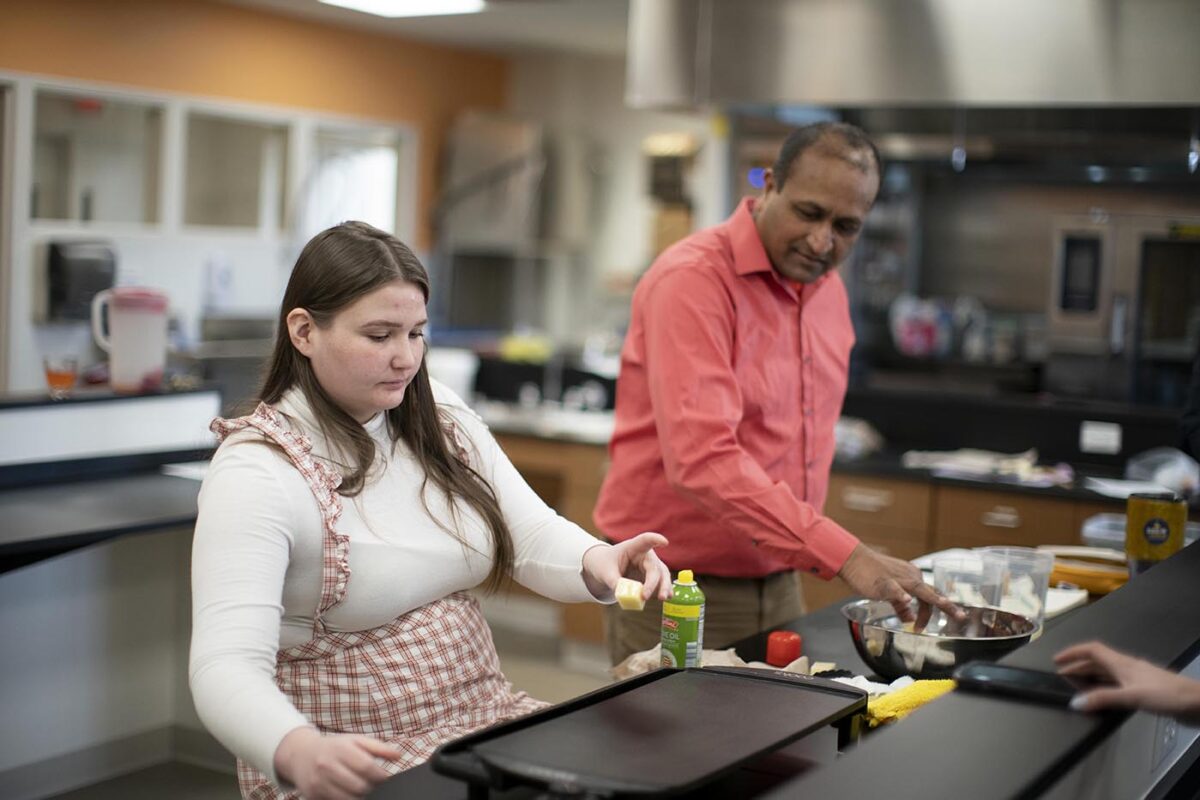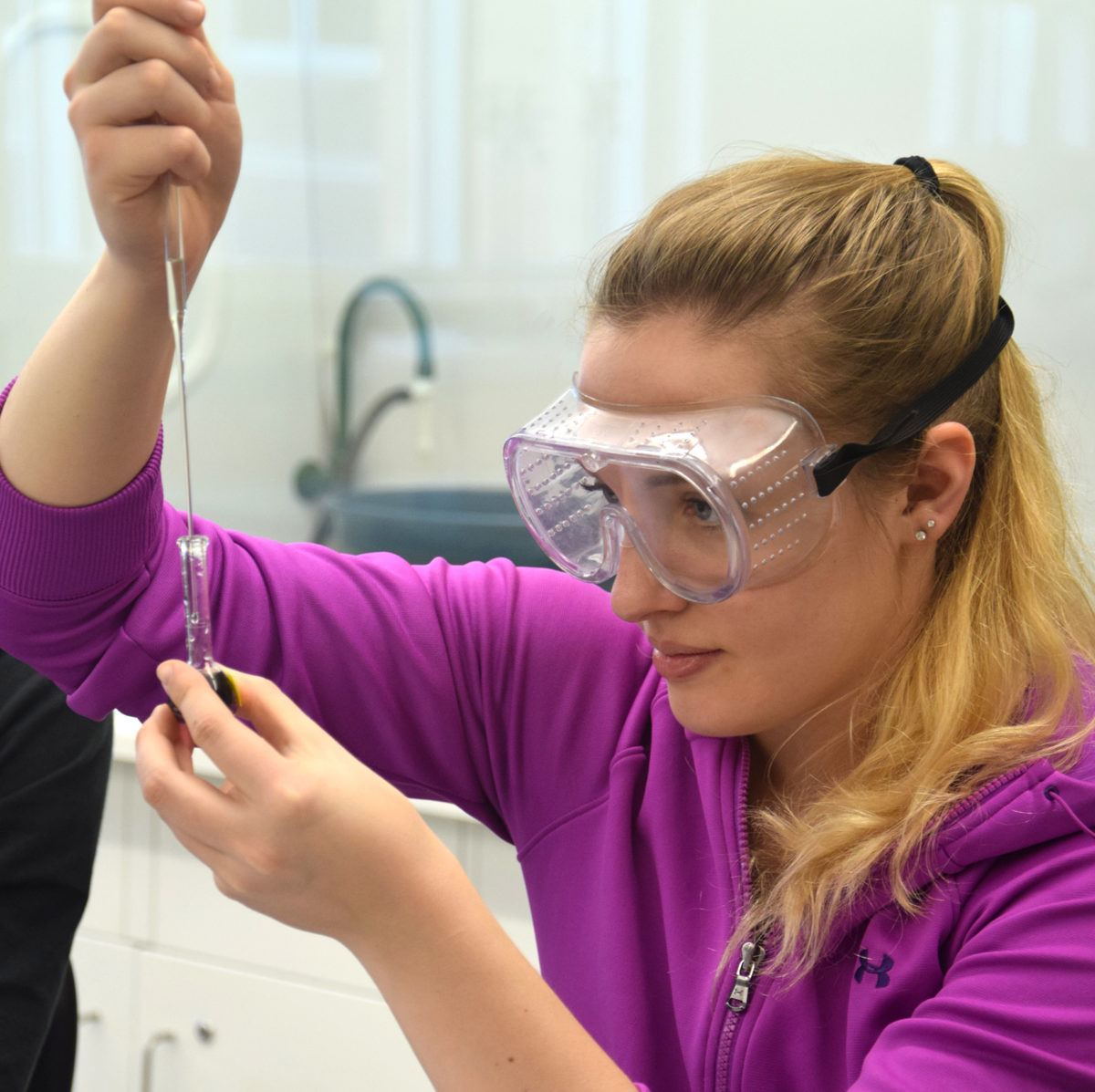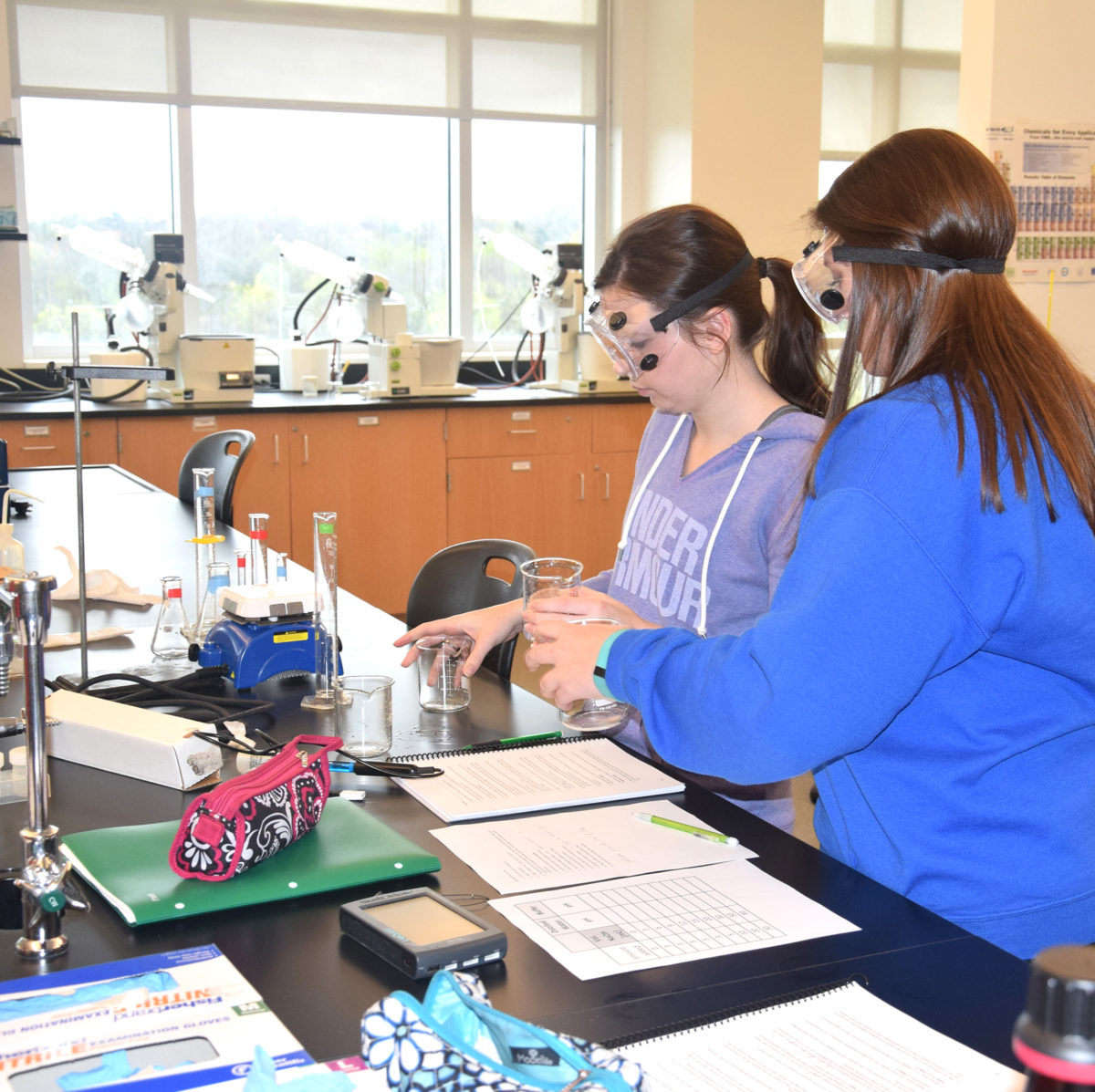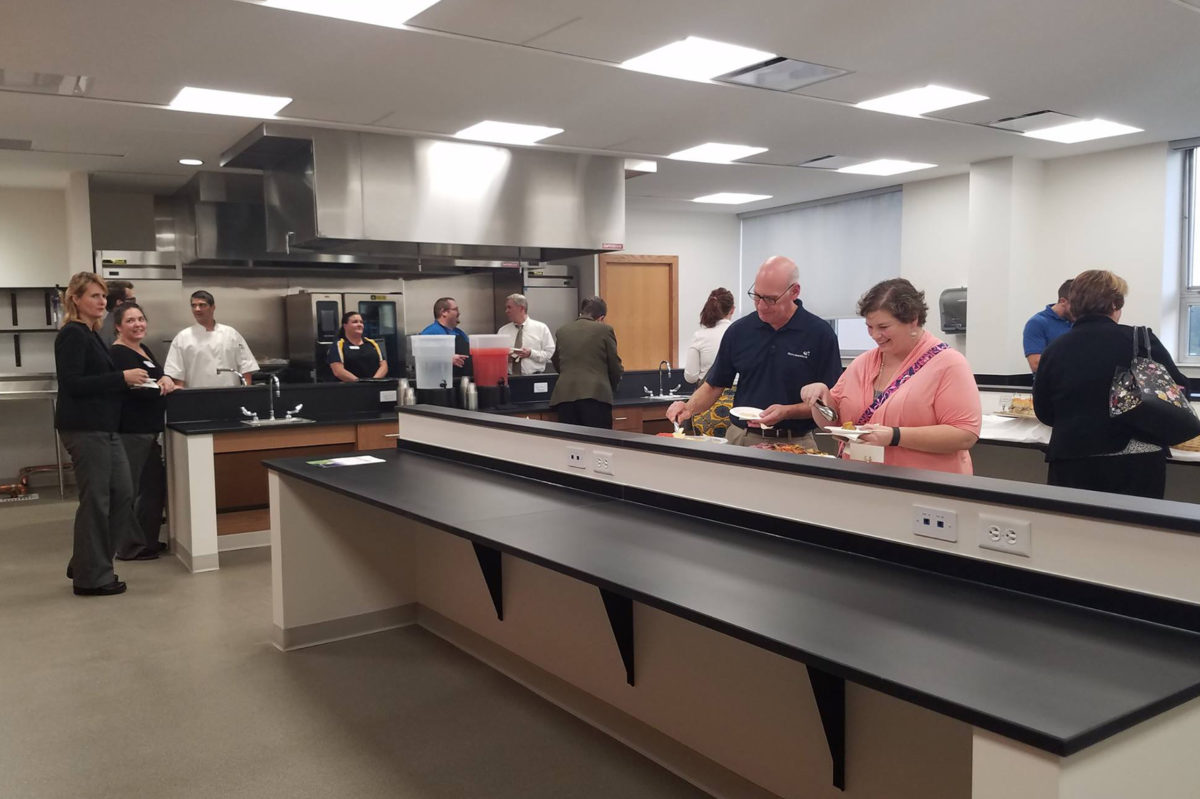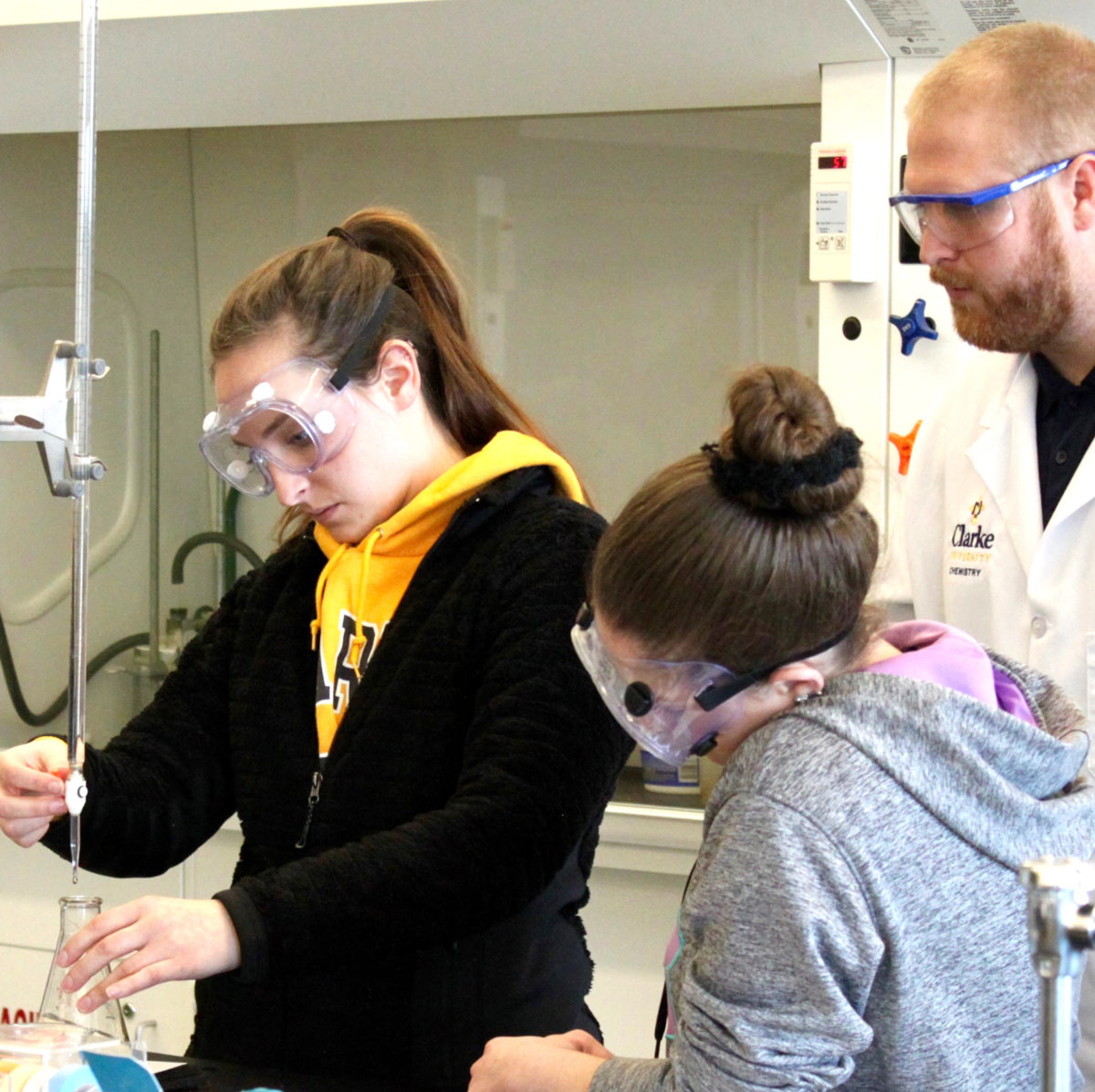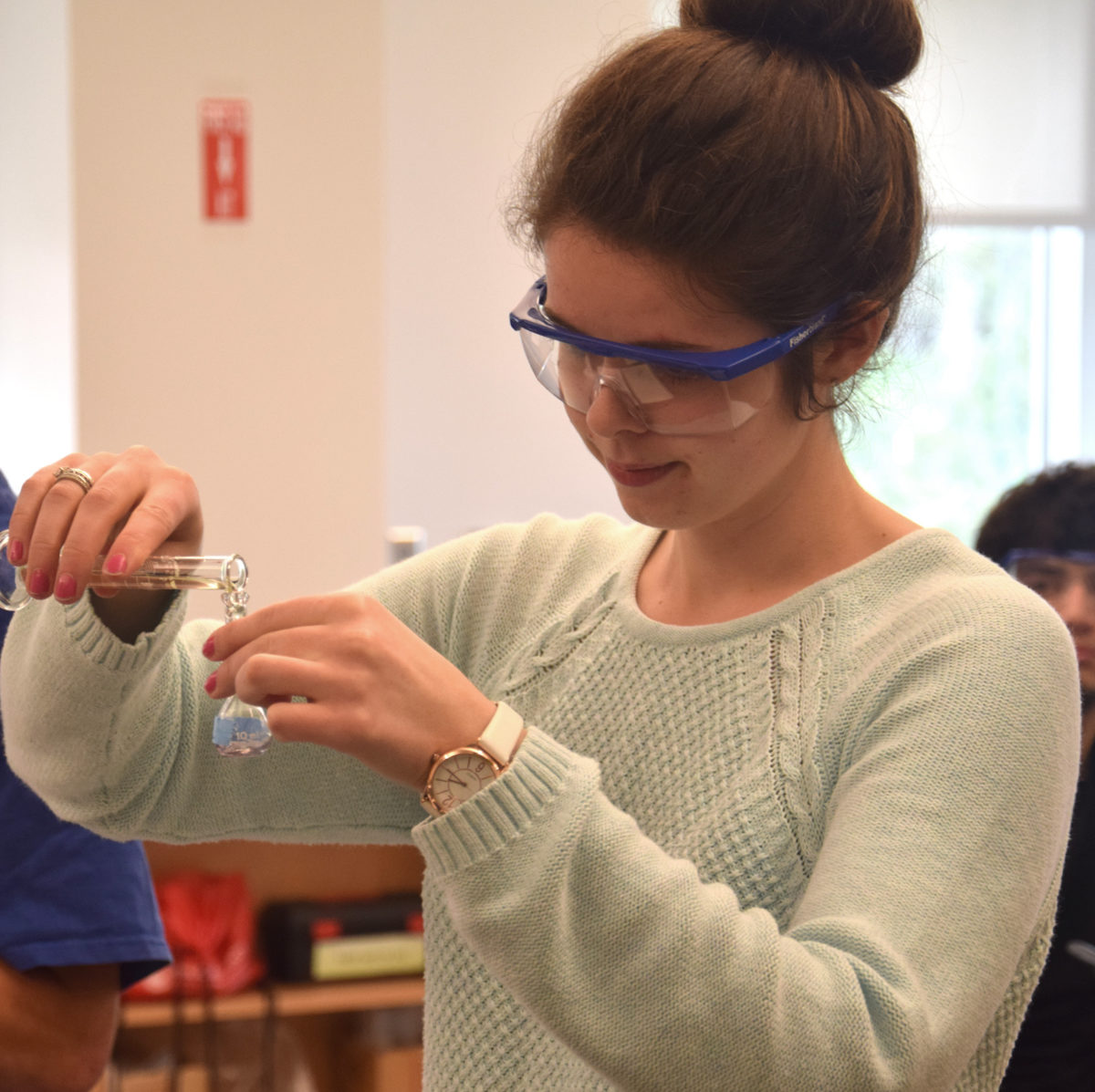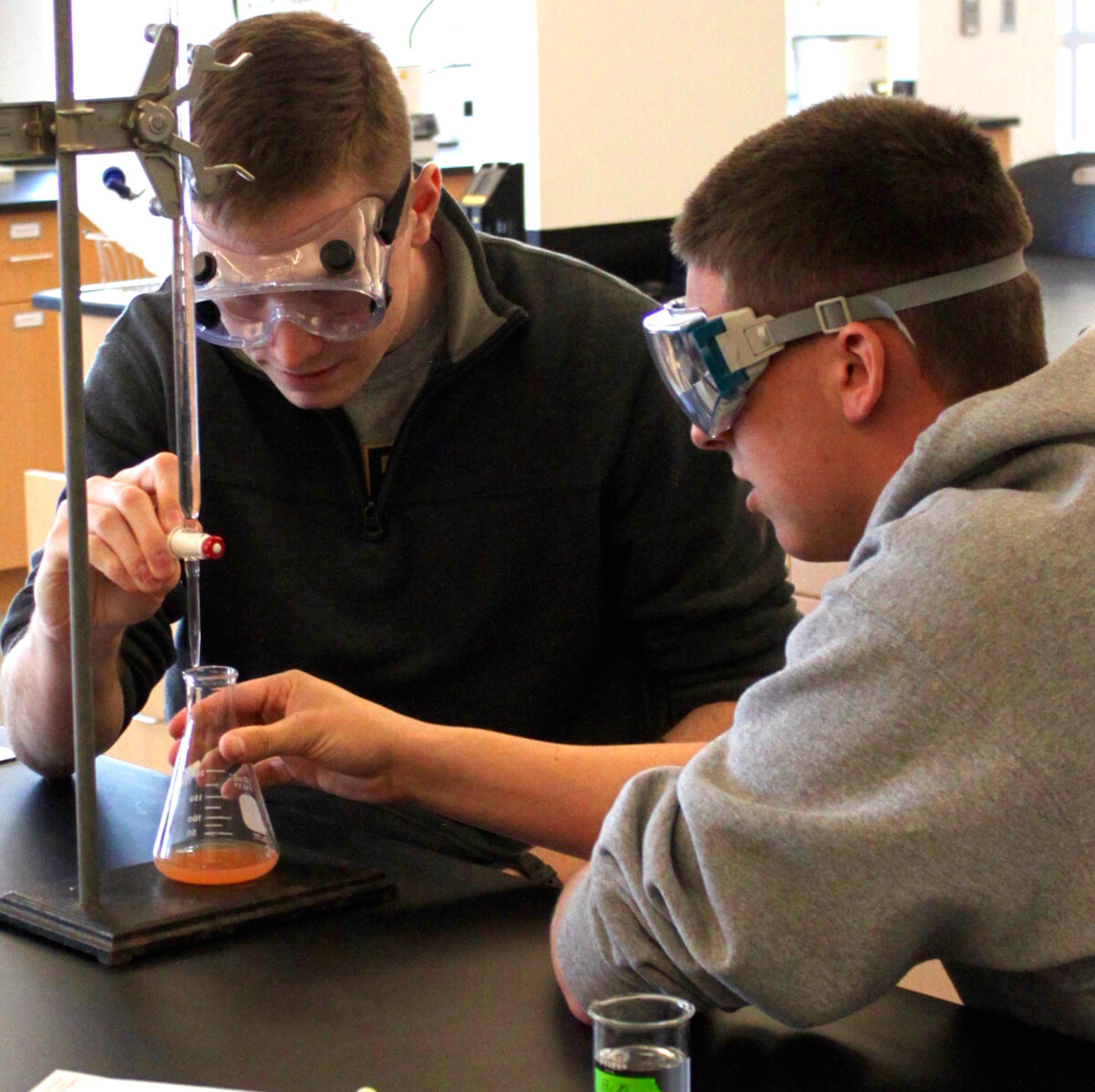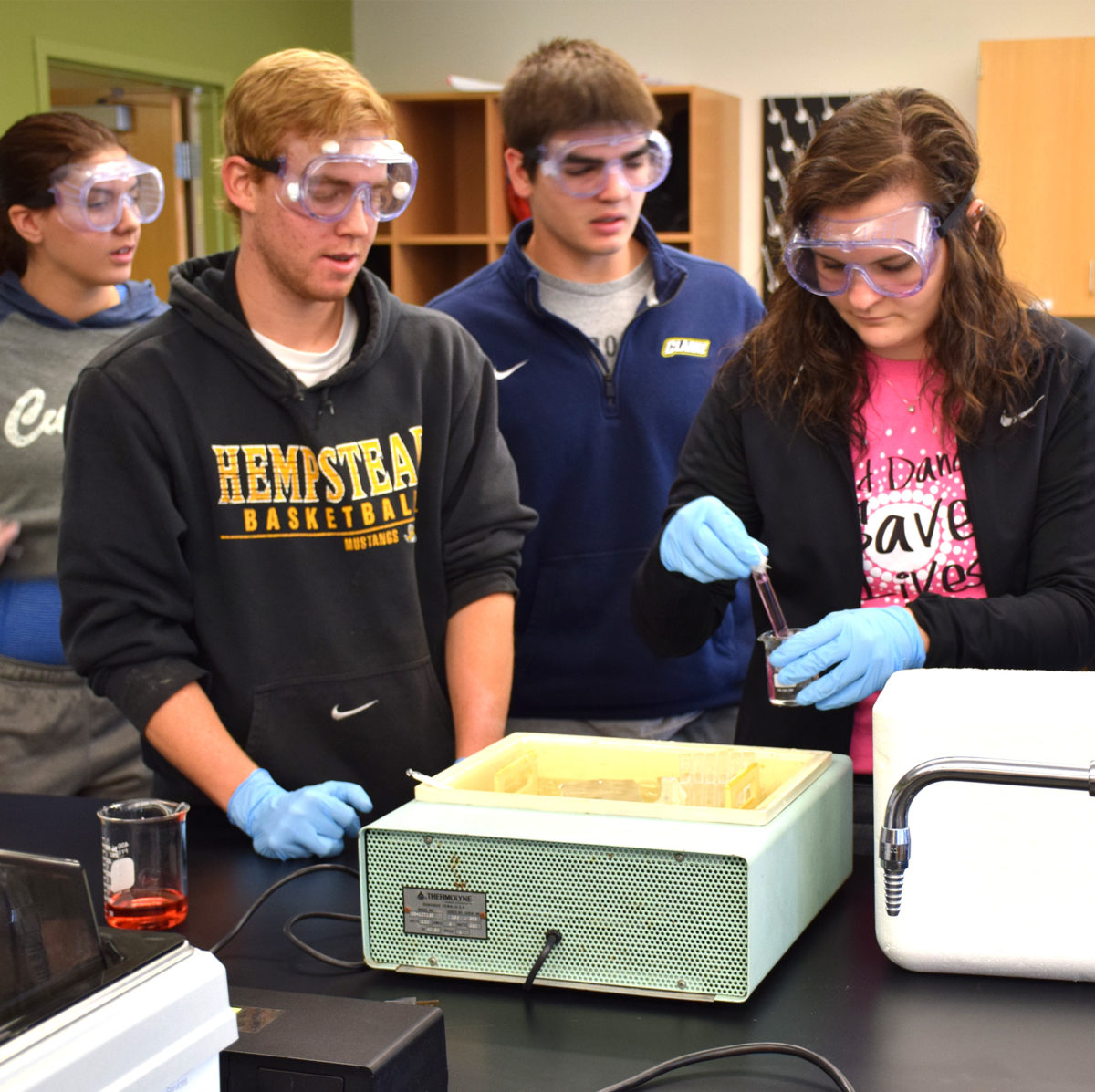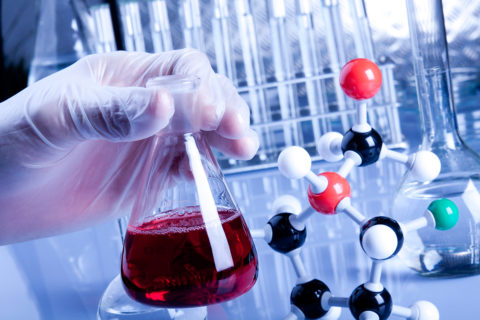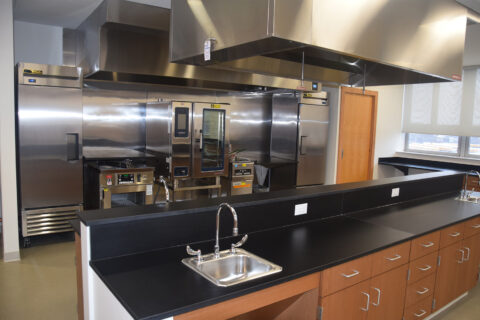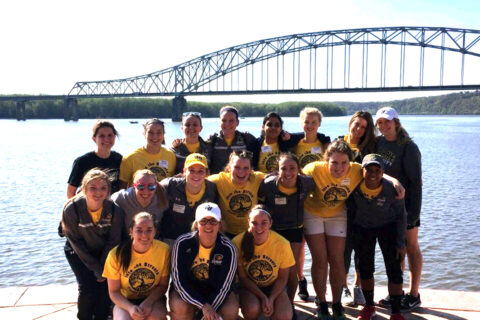Tim Boffeli
I am passionate about teaching and learning from challenging students.
The Nutrition and Food Science minor at Clarke University is designed to support and engage students in understanding how food and nutrition contribute to personal health and societal well-being. For a minor in Nutrition & Food Science, an emphasis will be placed on physical, chemical, and biological principles pertaining to food and the human person. Students will be trained with evidence-based practices to responsibly contribute to personal and societal well-being in an increasingly diverse global society. You will study principles from a variety of academic fields including chemistry, biology, nutrition, and psychology.
Nutrition & Food Science is very different than culinary science with the potential for multiple employment opportunities, including:
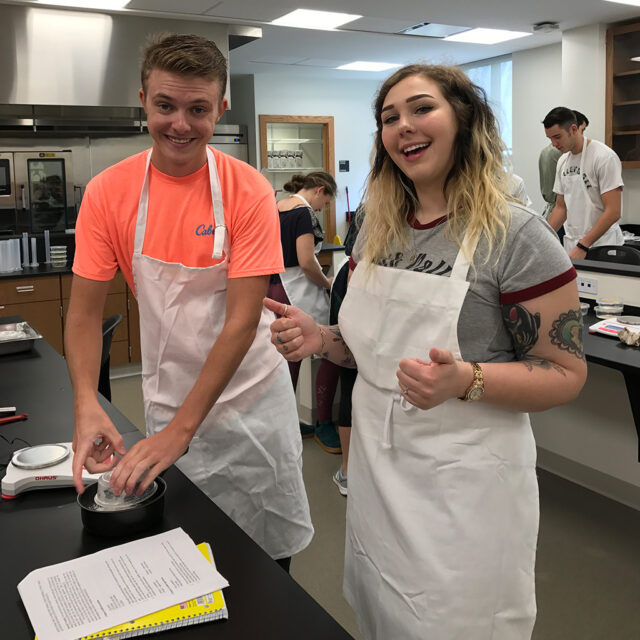
The Nutrition & Food Science minor is designed to give you flexibility in your college coursework. Students with an entrepreneurial focus can incorporate business or marketing courses into their curriculum. Students seeking graduate studies in health sciences can concentrate on a science-heavy curriculum with courses from chemistry, biology, and/or psychology. This minor works well with Psychology, Biochemistry, Health, Wellness and Behavioral Sciences, Sport Management, and many other majors.
Applicants are considered on an individual basis. Apply to Clarke today to begin your journey.
Food Science Lab
Clarke University offers several faculty-sponsored study abroad experiences to destinations such as Spain, Scotland, Ireland, and Japan. Study abroad trips encourage you to experience different cultures, broaden your mind, and discover your own passions.
You will learn by observation and participation at off-campus laboratories or field settings through internships and experiential education ventures. Internships often facilitate entrance into the job market and are highly recommended for acceptance into some graduate programs.
Clarke’s modern science building and food science lab provide a unique and hands-on learning environment.
Life at Clarke is living traditions, being proud, participating in the campus community, and being an active member of our greater community.
Percent that employment for nutritionists and food scientists will increase by 2026.
The median annual wage for food scientists in 2017.
Work one-on-one with Ph.D.-level faculty.
